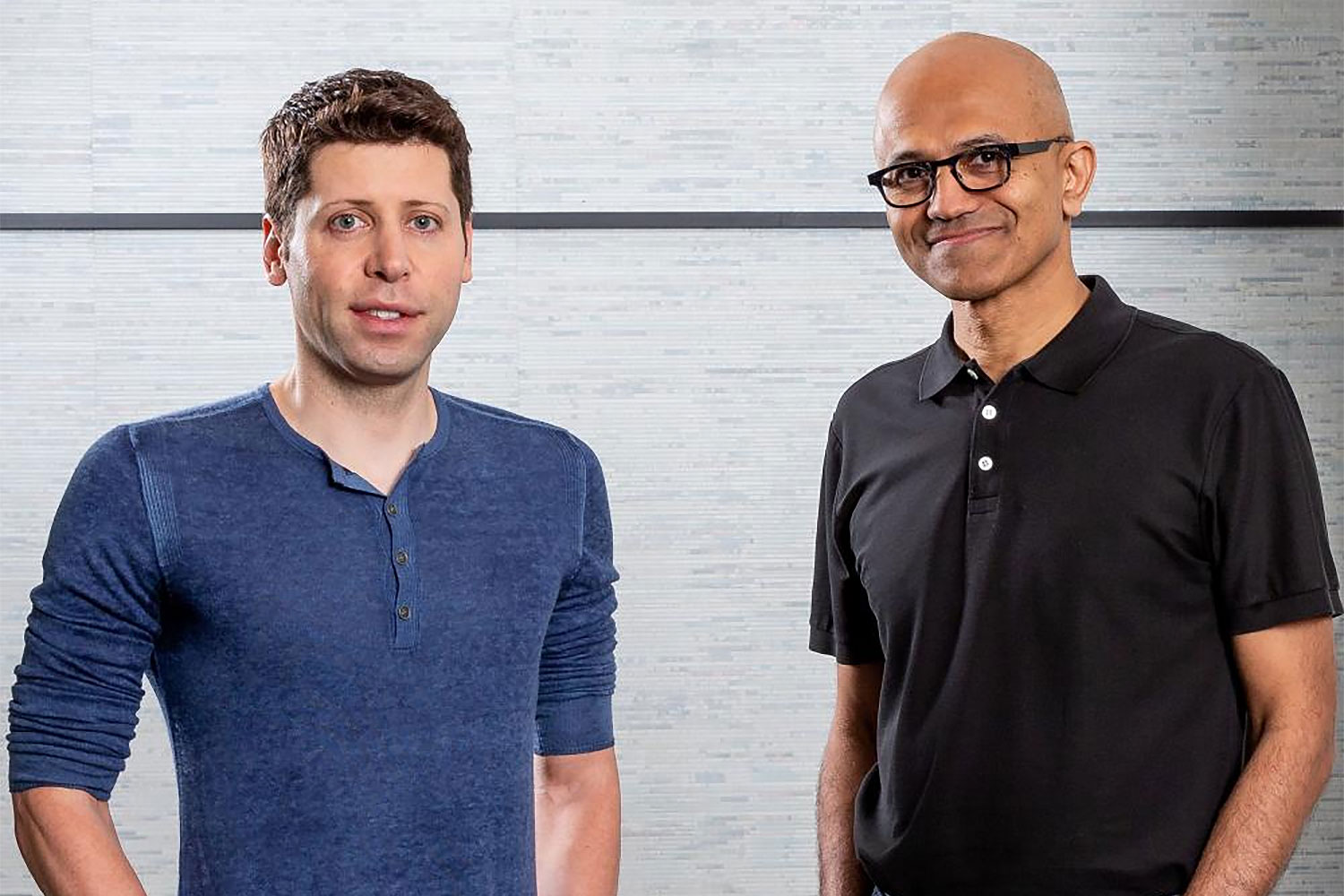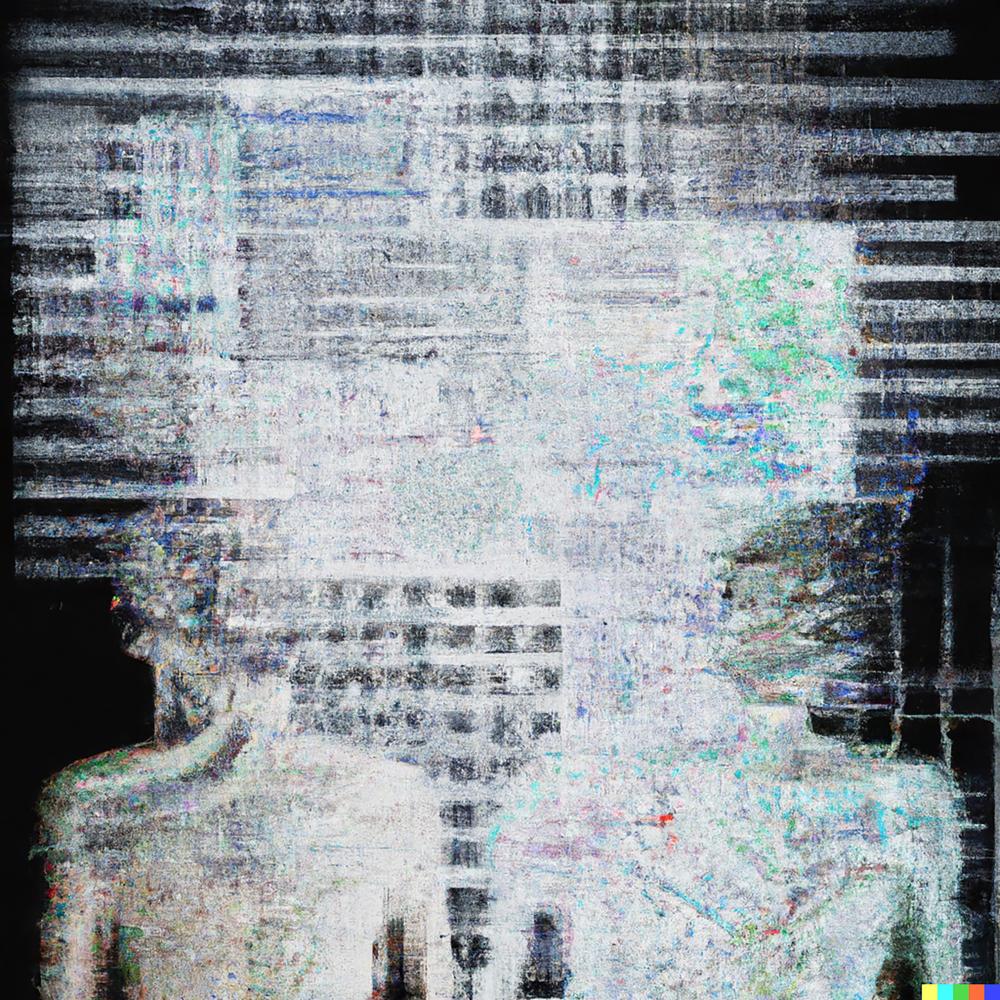
ChatGPT, the artificial-intelligence program captivating Silicon Valley with its sophisticated prose, had its origin three years ago, when technology investor Sam Altman became chief executive of the chatbot's developer, OpenAI.
Mr. Altman decided at that time to move the OpenAI research lab away from its nonprofit roots and turn to a new strategy, as it raced to build software that could fully mirror the intelligence and capabilities of humans--what AI researchers call "artificial general intelligence." Mr. Altman, who had built a name as president of famed startup accelerator Y Combinator, would oversee the creation of a new for-profit arm, believing OpenAI needed to become an aggressive fundraiser to meet its founding mission.
Since then, OpenAI has landed deep-pocketed partners like Microsoft Corp., created products that have captured the attention of millions of internet users, and is looking to raise more money. Mr. Altman said the company's tools could transform technology similar to the invention of the smartphone and tackle broader scientific challenges.
"They are incredibly embryonic right now, but as they develop, the creativity boost and new superpowers we get--none of us will want to go back," Mr. Altman said in an interview.
Shortly after he became CEO, Mr. Altman received $1 billion in funding after flying to Seattle to demonstrate an artificial intelligence model to Microsoft CEO Satya Nadella. The deal was a marked change from OpenAI's early days, when it said its aim would be to build value for everyone rather than shareholders.
The deal with Microsoft gave OpenAI the computing resources it needed to train and improve its artificial intelligence algorithms, leading to a series of breakthroughs.
First, there was Dall-E 2, a project made public in September that enabled users to create realistic art from strings of text like "an Andy Warhol-style painting of a bunny rabbit wearing sunglasses." And then there was ChatGPT, the chatbot where users get entertaining and intelligent responses to prompts such as "describe a debate between two college students about the value of a liberal arts education."
In October, Microsoft said it would integrate OpenAI's models into the Bing search app and a new design program called Microsoft Design.
OpenAI is now in advanced talks about a sale of employee-owned stock, people familiar with the matter said. In a previous tender offer, OpenAI's stock was valued at around $14 billion, the people said, and it has discussed a higher price for the current offering. Microsoft is also in advanced talks to increase its investment in the company, The Wall Street Journal reported.
Despite the recent progress, some investors and researchers have expressed skepticism that Mr. Altman can generate meaningful revenues from OpenAI's technology and reach its stated goal of achieving artificial general intelligence. Mr. Altman's first startup, a social networking app called Loopt, sold for close to the amount of money investors put in.

Mr. Altman has also faced broader concerns from members of the AI community for steering the company away from its pledge to make its research transparent and avoid enriching shareholders. Instead, OpenAI has grown more closed over time, researchers said.
"They want to acquire more and more data, more and more resources, to build large models," said Emad Mostaque, founder of Stability AI, a competing startup that has placed fewer restrictions on its image-generation program Stable Diffusion, making it open-source and free to developers.
An OpenAI spokeswoman said the company has made its technology available in several ways, including by open-sourcing certain AI models.
OpenAI began as a nonprofit in 2015 with grants from Mr. Altman, Tesla Inc. CEO Elon Musk, LinkedIn co-founder Reid Hoffman and other backers. Working out of an office in San Francisco's Mission District, the team sought to form a research counterweight to big tech companies like Alphabet Inc.'s Google, which closely guarded their AI initiatives from the public.
Instead of pursuing corporate profit, OpenAI pledged to advance technology for the benefit of humanity. The group's founding charter promised to abandon the race to develop artificial general intelligence if a competitor got there first.
That approach changed. In 2019, OpenAI brought on its first group of investors and capped returns at 100 times the cost of their contributions. Following Microsoft's investment, Mr. Altman pushed OpenAI to bring in more revenue to attract funding and support the computational resources needed to train its algorithms.
The deal also gave Microsoft a strategic foothold in the arms race to capitalize on advancements in AI. Microsoft became OpenAI's preferred partner for commercializing its technologies, an arrangement that allows Microsoft to easily integrate OpenAI's models into products such as Bing. Microsoft declined to comment.
Aided by the funding, OpenAI accelerated the development and release of its AI models to the public, an approach that industry observers have described as more aggressive than the tactics of larger, more heavily scrutinized competitors such as Google.
To help with employee compensation, Mr. Altman also instituted occasional tender offers to help employees sell their stock. He said OpenAI doesn't have any plans to get acquired or go public.
OpenAI has limited some venture investors' profits to about 20 times their investments, with the ability to earn greater returns the longer they wait to sell their shares, people familiar with the terms said. Mr. Altman has said the capped investment structure was necessary to ensure that the value from OpenAI accrues not only to investors and employees, but also to humanity more generally.
Mr. Altman in recent conversations with investors has said the company would soon be able to generate up to $1 billion in yearly revenue, in part from charging consumers and businesses for its own products, the people said.
Mr. Altman has previously said he would solicit input about how to make money for investors by posing the question to a software program demonstrating general intelligence, which would then provide the answer.
So far, OpenAI has generated tens of millions of dollars in revenue, mostly from the sale of its programmable code to other developers, people familiar with the company's financial details said. Mr. Altman said OpenAI is early in its strategy for monetizing products.
Some early users of ChatGPT have reported issues asking the program to perform basic math problems. Mr. Altman has acknowledged that the program's outputs often contained factual errors.
"It does know a lot, but the danger is that it is confident and wrong a significant fraction of the time," he wrote on Twitter this month.







